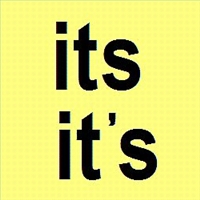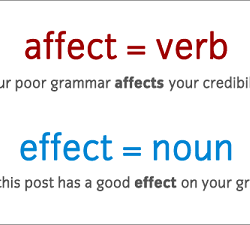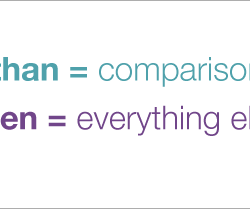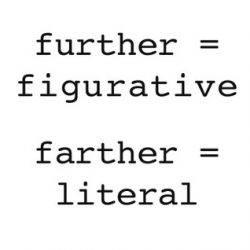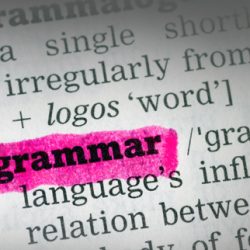Understanding the Semicolon
Do you find the semicolon perplexing, or even scary? If so, this article will demystify this often misunderstood punctuation mark. Used correctly, semicolons can transform your writing from so-so to sophisticated. Examples of correct and incorrect usage are included. If you thought semicolons were just for winking, this article’s for you! […]


